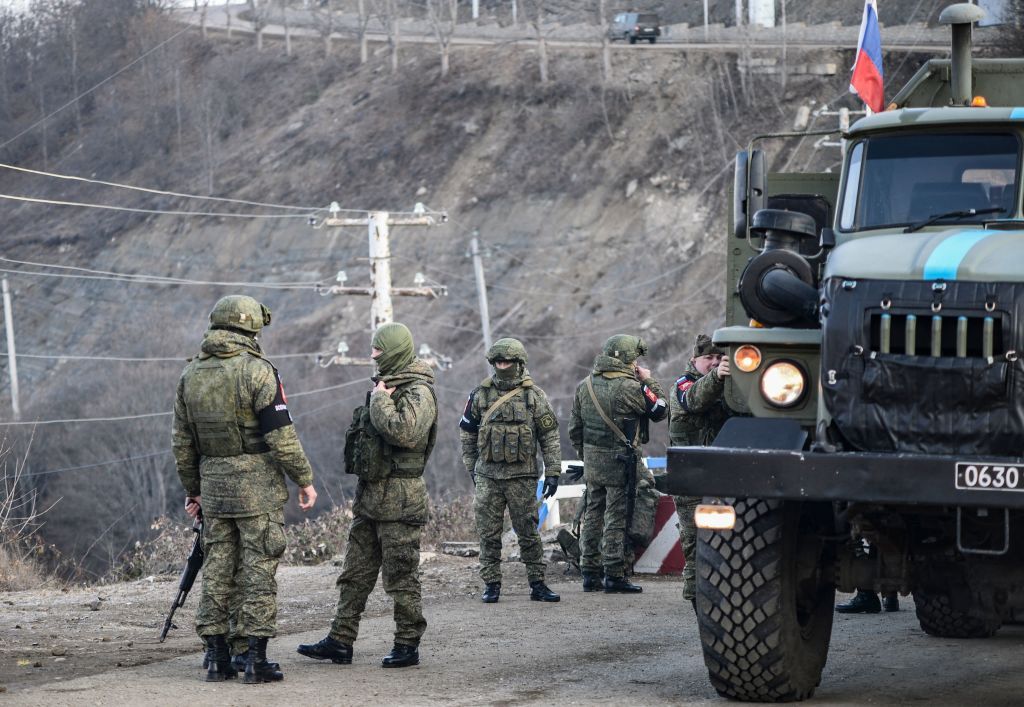Nagorno-Karabakh authorities dissolve self-declared government

The president of the self-declared Nagorno-Karabakh Republic, Samvel Shakhramanyan, signed a decree on Sept. 28 dissolving all official institutions of the breakaway state from Jan. 1, 2024, Karabakh authorities announced.
The government of the self-declared republic will "cease to exist" as an entity from that day, the decree said.
The news came as the latest development in a sudden shift of the situation in the ethnically-Armenian breakaway Nagorno-Karabakh Republic (NKR), recognized internationally as part of Azerbaijan.
On Sept. 20, Nagorno-Karabakh authorities capitulated to Azerbaijani forces after a lightning offensive on Sept. 19 left them with “no choice but to cease hostilities."
Since then, events have moved rapidly, as the Nagorno-Karabakh defense forces agreed to disband and disarm, protests broke out in Yerevan over Armenian Prime Minister Nikol Pashinyan’s refusal to help the breakaway region, and more than 65,00 ethnic Armenians left Nagorno-Karabakh for Armenia.
Azerbaijan fought against ethnic Armenians in Nagorno-Karabakh and forces from the Republic of Armenia from 1988-1994, which ended in an Armenian victory.
In 2020, Armenia and Azerbaijan fought a war in which the latter's forces successfully reclaimed a large portion of the territory before a ceasefire was mediated by Moscow, which sent a "peacekeeping" force of several thousand Russian troops to the region.
In the following years, tensions did not subside, with Azerbaijan blockading the Lachin corridor, the only road connecting Armenia and Nagorno-Karabakh, leading to a humanitarian crisis widely condemned by UN member states and international organizations.
The situation culminated in Azerbaijan’s 24-hour successful offensive on Sept. 19, 2023.
Despite the announcement regarding the dissolution of the self-declared Nagorno-Karabakh Republic, a number of diplomatic issues remain.
The international community has become involved, and representatives from the U.S., Germany, Turkey, and other countries have participated in talks about the situation on the ground and concerns of a humanitarian crisis.













